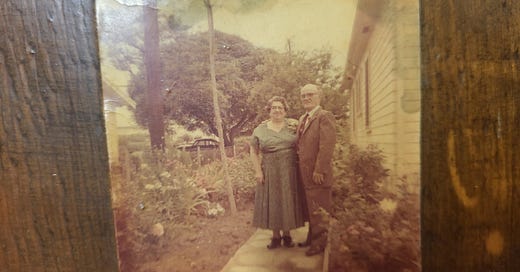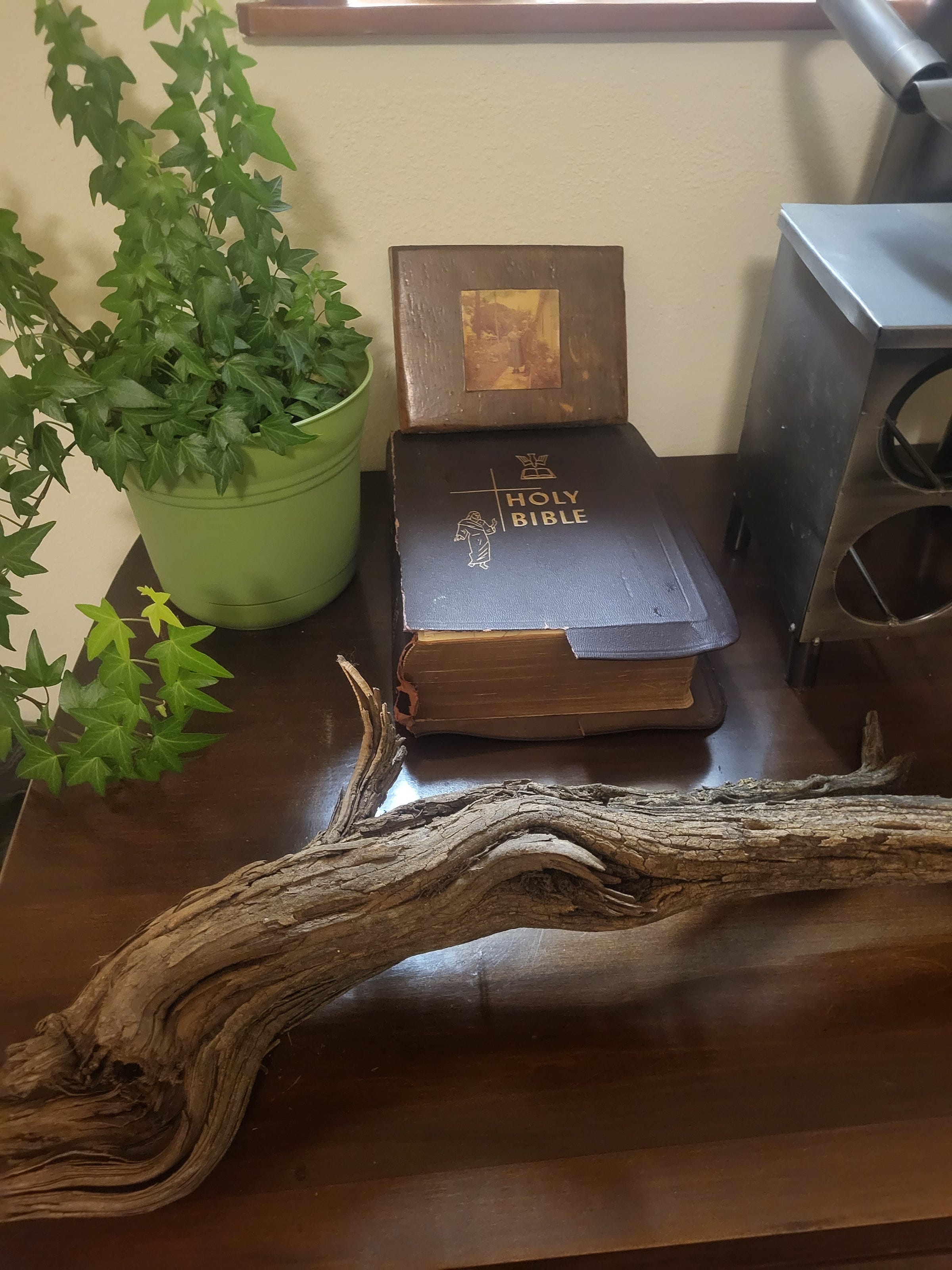Start writing, no matter what. The water does not flow until the faucet is turned on.
Compass Star is written for you, my community of readers. The past couple months have seen my production here fall off and on and become irrationally random in regularity. Although it’s not intentional for me to miss deadlines, I believe my subconscious is manipulating my reality to untighten my uptightness. My sleep patterns have changed, my work habits have shifted, and my personal life has grown. In short, my struggles seemed to have lessened, which makes for lousy writing. In addition, my writing for other platforms has increased. I’m working on my fifth feature for mxdwn.com please give me a look over there. Substack and this community have opened many doors for me lately, and my gratitude for both is immense.
The original intent here was just truly a protest vehicle. Once that spasm of rage burnt itself out, I changed the name to reflect that growth. I don’t see another name change as I feel Compass Star describes my approach to life. I’ve spent almost all of that life raging against man and machine, attributing it to the generational lottery that popped me into one of the most meaningful and influential cohorts in history. There is still some rage to burn, and I’m the guy to kick the tires and light the fires. But two years on, after 165 posts of digging deep and pouring it all out onto the deck, I stand back and make a small assessment.
Stay tuned, as more growth grows this year. My focus wants to shift to my elements, and do more digging and exploring along those lines. I will be including audio for my posts. I am soliciting writers, story-tellers and all other creative souls to share their creative juice with us. More cooking, more listening, more crafting, more good things to come. I glad you are here with me.
Compass Star Wordsmith is a reader-supported publication. To receive new posts and support my work, consider becoming a free or paid subscriber.
I’m fascinated by the world of words and the rhetorical realm. Literary devices like phraseology and alliteration rank equally alongside ekphrasis and paradox. Forget ebony and ivory, it’s hyperbole and irony for me. Etymology satisfies my elemental requirement, falling into the History Bucket.
My earliest memory of employing a rhetorical flourish came at age 7 or 8, when I asked my dad how to spell piece. He asked A peace of meat? Or peace, brother? Smartassery came early, as my reply belies A piece of meat, brother!
With words come agency. With agency comes power. Power to inform or obfuscate. Mislead or direct. Emasculate or empower. Love or hate. I heard Marie Osmond speaking about her mother in a touching metaphor that beautifully illustrates the power and fragility of words.
Her mom requested the kids fetch a down feather pillow, and she promptly cut it open and let the feathers fly with the wind. She then instructed the children to collect the feathers. Marie replied that that was an impossible task. So it is, her mother answered, with words that fly from your mouth. One can never collect them back up.
It made me instantly regret some words that have flown from my mouth for sure. But more than that, it humanized a concept about words that has now become this post. With so much focus today on the power of words to hurt and to incite, it may serve us well to consider the power of words to love. To heal and to inspire.
33,438
Test your vocabulary here. Test your patience here in a piece titled When Is Speech Violence and What’s the Real Harm? Or in this one here In 2020, Words Are 'Violence,' Arson Is Not.
Here is a thoughtful piece by a NY Times writer called Lisa Feldman Barrett, from back in 2017 that kicked off a bunch of hand-wringing, pearl-clutching, and beard-scratching.
When Is Speech Violence?
The crux of her argument is this
Entertaining someone else’s distasteful perspective can be educational. Early in my career, I taught a course that covered the eugenics movement, which advocated the selective breeding of humans. Eugenics, in its time, became a scientific justification for racism. To help my students understand this ugly part of scientific history, I assigned them to debate its pros and cons. The students refused. No one was willing to argue, even as part of a classroom exercise, that certain races were genetically superior to others.
So I enlisted an African-American faculty member in my department to argue in favor of eugenics while I argued against; halfway through the debate, we switched sides. We were modeling for the students a fundamental principle of a university education, as well as civil society: When you’re forced to engage a position you strongly disagree with, you learn something about the other perspective as well as your own. The process feels unpleasant, but it’s a good kind of stress — temporary and not harmful to your body — and you reap the longer-term benefits of learning.
The valid point it makes for me, as someone that has ridiculed microaggressions and trigger-warnings in the past, was a practice that walking a mile in another’s shoes does indeed change one’s point-of-view. If it doesn’t, you don’t want to.
Pointing out that chronic stress negatively impacts the human body on a molecular level opens the mind to self-inflicted cures. There is disagreement with the author’s perspective, such as this one
Wittgenstein on Whether Speech Is Violence
His point is thusly expressed
Wittgenstein’s language-game, briefly summarized, is the idea that we can view conversations as context-sensitive exchanges with malleable rules that help determine the meanings of words. These rules are established through social convention. We agree upon certain constraints about how words may be used and bring them to our language-games. For instance, if I point my finger at something and say “that,” you know I’m referring to that thing.
In a way, each language-game is spoken in a micro-dialect, one that is affected not just by region, but location, relationships, identity, history, power. When I’m having lunch with my parents, I’m participating in a different language-game than when I’m at a bar with my friends or serving coffee to strangers. Likewise, when we are determining whether some kinds of speech can be understood as violence, it’s important to examine the larger context. When Milo Yiannopoulos says “feminism is cancer,” for instance, it may be heard differently by Haidt and Lukianoff than by Lisa Feldman Barrett. As white men, Haidt and Lukianoff likely don’t have a reference point to understand what it feels like for a woman to hear these words. They won’t cut the same way.
The average native English speaker has a vocabulary of between 20,000 and 35,000 words. I tested towards the top of the range, but interestingly, I feel a slight sense of disappointment in myself. I expected to know more.
I stopped counting the words I left blank after a couple dozen. Or rather, my self-dignity put a stop to it. My earliest memories of words and speech center around two books: my Great-Grandma Waelbrock’s massive Catholic Bible that occupied the place of honor on her living room alter, in between the 2’ statues of Jesus and Mary.
The other was more than a book. It was the collection of books - the set of Encyclopedia Britannica my grandparents owned. It was google before google. The hours I spent between the covers of those books opened doors to worlds I could now do more than just imagine.
For mind and soul, those books, rather, the words contained in those books, artfully and logically constructed a path to those vastly different worlds I willingly followed. What was lost on my young and impetuous self was the wisdom to use words of affection. The arrogant obnoxious 20-something-year-old Ric was only interested in words that manipulated others or aggrandized the self. How shallow, looking back.
The Power of Words
I firmly believe that the most beneficial form of active learning is through the Art of Argument. I came across several thoughtful and well-written pieces on words and how people interact with and use them. As many of the stories illustrate, refraining from hearing uncomfortable topics increases emotional fragility, not the opposite.
The poem linked below touched me enough to text The Oldest and touch base on sharp words that cut deep.
Sticks and Stones Can Break Your Bones, But Words Can Never Hurt You
That was a lie, a tongue has no bones but it can break a heart.
I love when falling down a fabbit-hole results in my actual learning a new something. Today’s new thing was the phrase irreversible binomial. That’s a long-ass way to say don’t mess with the order of the first three words of an idiom.
Spick and span and short and sweet and examples of a hard and fast rule of linguistics that actually makes sense. I mean, cheese and macaroni anyone? Nah, that sounds horrible.
Prior to 1954, the term for these idioms and collocations was "terminological imbroglio", which sounds way cooler than irreversible binomial for sure. In fact, I think I will co-opt the phrase as an euphemism for something.
Michael Childers - RIP
I attended a Memorial Service for a friend yesterday. It was beautiful and uplifting and familiar. I came away with a new appreciation of humanity and some of his ashes. And a polished rock egg that was one in Michael’s collection of hundreds that were given to his friends as a remembrance.
Michael Childers was a good man and a great soul. I knew Michael less than six months yet I knew him a lifetime. Michael was a kind man. Not the feckless kind. The powerful kind.
Michael was an acting bartender. Or a bartending actor. This is LA, right? I was surprised to find out that he was an accomplished stage, film, and TV actor. I’m not surprised that he was so successful, just sadly surprised that his humility prevented him from bragging. I’m familiar with his bartending, I wish I could say the same of his acting.
His clients, neighbors, and theatre friends eulogized Michael with colorful, funny, emotional, and authentic stories of his life and times. To a person, Michael made new friends feel like old friends and an old friend feel new. Michael’s interest in and attention to his friend’s lives mattered most.
Michael worked a party in a private home the night he passed. His long-time client shared the story of Michael’s last night. He worked a holiday party and was all finished up and was giving a goodbye hug to the client when he collapsed.
Far be it from Michael to burden the gathering with dying during the party. He had the good graces to wait until all of the guests had left. That totally and completely explains the life and death of Michael Childers. A gracious man in life whose actions spoke louder than his words. And in death, Michael’s memory provides a touchstone, at least for me, for the power of kindness and humility.
I created this playlist with Michael in mind. Please enjoy, the music and this day.
Ric







